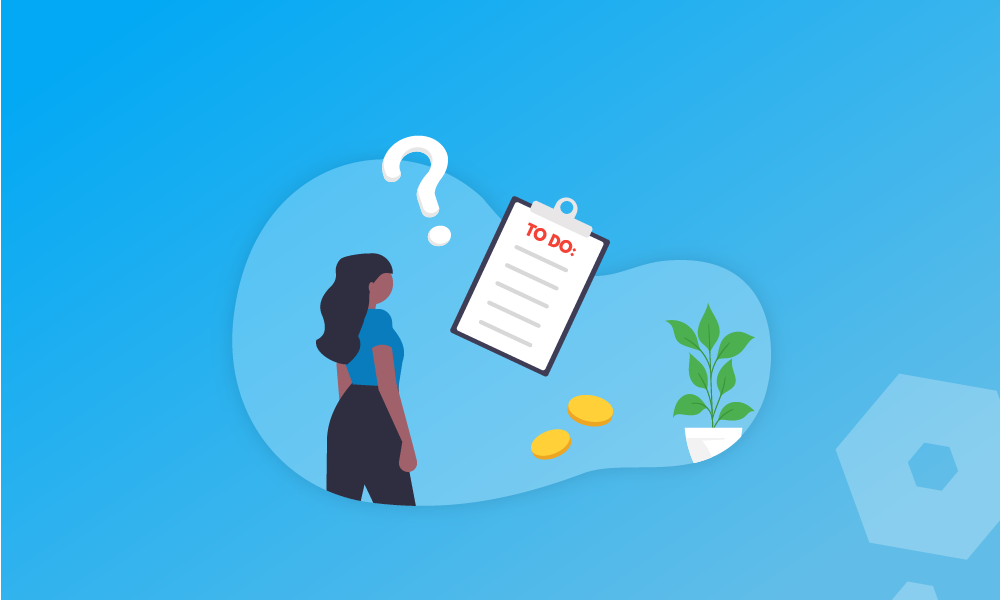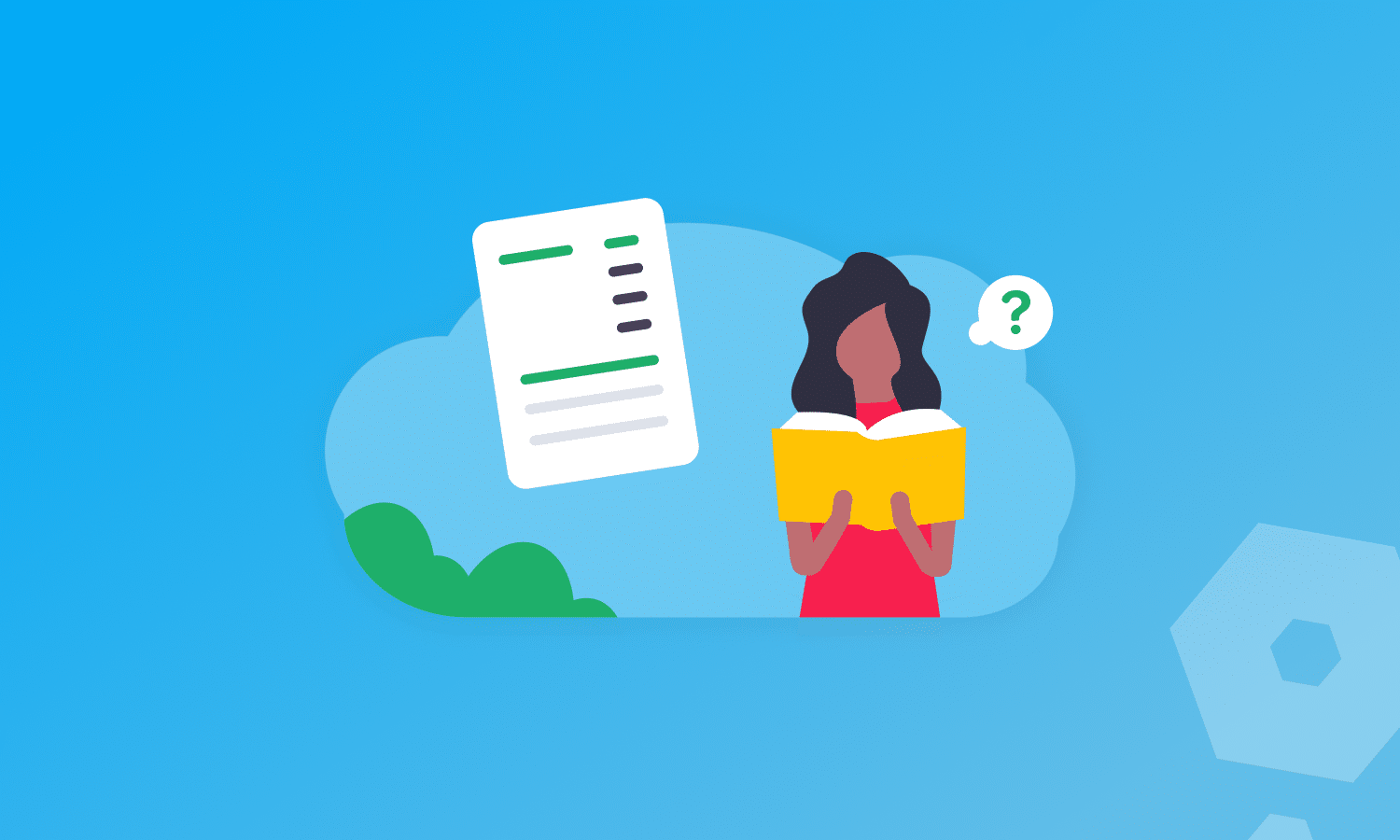You’ve just started a business – congratulations! It takes a lot of courage to get this far, so it’s a real achievement. The next step is turning your start-up into a stable, profitable success. We’ll explain how to measure your profit, and when you can start to expect it.
Financial reporting tools
Real-time accounting reports in a few clicks









